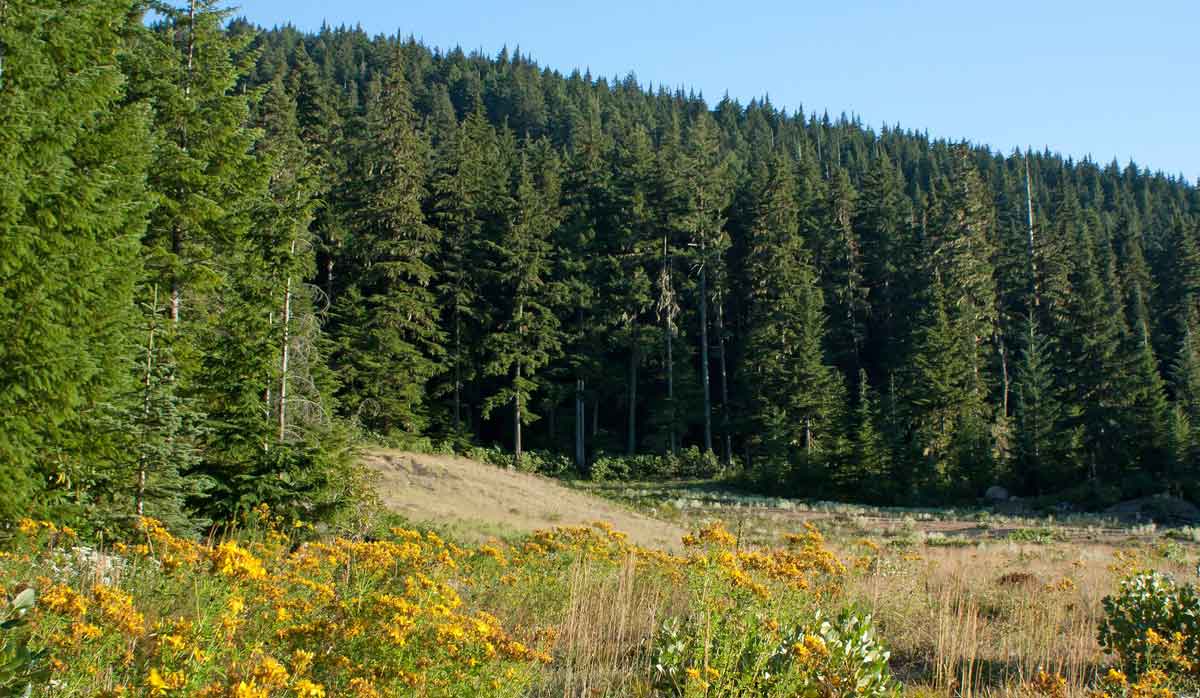Forest & Bird launches 2025–2026 Summer Adventure Challenges for all ages
Forest & Bird's Kiwi Conservation Club is inviting New Zealanders of all ages to embrace the outdoors with its Summer Adventure Challenges.
The Government has announced a new suite of measures designed to protect native wildlife and at-risk habitats and help the decline of nature caused by human activity.
The package includes a consultation on new ways to fund long-term conservation via a biodiversity credit system, a new set of requirements for councils to protect areas of significant biodiversity, innovation pilots, regional biodiversity coordinators, and the development of a digital information platform.
Associate Minister for the Environment James Shaw says New Zealand is home to natural taonga (treasure) found nowhere else on earth.
“While some native species’ populations are improving, many are in decline,” Shaw says. “Reversing this decline and making sure our native plants and animals are healthy and resilient is a priority for our Government.”
“63% of our native ecosystems are now threatened, and a third of our native species are threatened or at risk of extinction. It’s time we find new ways to incentivise conservation, protect our precious wildlife, and provide clearer guidance on how to identify, manage and protect biodiversity.”
However, some say the package, which includes a new National Policy Statement on Indigenous Biodiversity (NPSIB) needs more work.
 |
|---|
|
Beef + Lamb NZ chief executive Sam McIvor says the NPSIB will significantly impact sheep and beef farmers. |
Beef + Lamb NZ (B+LNZ) chief executive Sam McIvor says the NPSIB is complex and cumbersome and will significantly impact sheep and beef farmers.
“There are minor changes to the original NPSIB and the concept of biodiversity credits to incentivise farmers to protect and enhance biodiversity on their land is positive, however the proposed legislation remains fundamentally flawed,” says McIvor.
“The definition of a Significant Natural Area (SNA) is far too broad and will capture much more than truly significant biodiversity,” he says.
McIvor claims that under the NPS, significant areas of sheep and beef farms are likely to be captured, limiting what farmers can do on that land, tying them up in red tape and devaluing farms.
“Those that have done the most to protect their biodiversity will be the most impacted,” he says.
“The biodiversity credit could offset some impact but will require a lot of work and it is unlikely to compensate for the fundamentally flawed underlying regulation.”
Meanwhile, New Zealand Forest Owners Association (NZFOA) president Grant Dodson says the NPSIB will likely not do what it is intended to do.
He says the statement is so vague as to what constitutes an SNA, it could incorporate any indigenous foliage and could be used to stop human activity around them.
“If the plant species is rare, it gets included. If it’s common, it gets included as ‘typical’ to the area,” Dodson says. “There are no gaps between typical and rare. And these are incredibly vague criteria for making rules which apply to both rural and urban landowners.”
“We’ll have sixty-seven local bodies coming up with sixty-seven different interpretations of what this all means. The Ministry for the Environment says the NPSIB will bring more certainty. It will achieve quite the reverse.”
 |
|---|
|
The statement is so vague as to what constitutes an SNA, it could incorporate any indigenous foliage and could be used to stop human activity around them, says NZFOA president Grant Dodson. |
The announcement has also been met with opposition from across the political aisle, with ACT Party primary industries spokesperson Mark Cameron saying the party will move to scrap SNAs entirely.
“SNAs are dangerous because they take away property rights,” he says. “ACT believes any land grab is unacceptable, whether it’s on iwi land, farms, or any other private property.”
“Taking away the ability to manage your land the way you see fit undermines conservation efforts by the people who care most about the environment. Farmers have the biggest incentive to care about the environment because they make a living from it,” Cameron says.
“If you take away property rights, there’s no incentive to be a conservationist. Who would be a conservationist on their own land if the reward is getting your land confiscated? Countries without property rights are environmental disasters.”
He adds that an alternative, already proposed by the party, is a $10 million biodiversity fund that could be made available to local government and trusts to allow covenants with landowners and ensure critical wetlands and areas of indigenous bush are protected.
“This mean ownership of the land stays with the landowner, but they receive some support for the tasks they’re doing to preserve it like stock exclusion and pest management.”
While Forest & Bird NZ seems largely in support of the NPSIB, even its chief executive Nicola Toki admits there are flaws.
Toki says that while finalising the NPSIB is a substantial move to saving more indigenous species, her organisation is concerned and would have preferred a commitment to restore and improve the ecological health of indigenous biodiversity and habitats beyond what is left now.
“Ultimately the success of the NPSIB will depend on councils adequately monitoring and acting against anyone who doesn’t comply with the new provisions – and we will be keeping a watchful eye on compliance,” she says.
Changed logos on shirts otherwise it will be business as usual when Fonterra’s consumer and related businesses are expected to change hands next month.
Reflecting on the past year, Horticulture New Zealand chief executive Kate Scott says there has been a lot to celebrate.
Ministry for Primary Industries (MPI) Director General Ray Smith is giving a big shout-out to the horticulture sector, especially kiwifruit.
Early forecasts for New Zealand's apples and pears point to a standout season marked by exceptional fruit quality and high pack-out rates.
Tickets are now available for Beef + Lamb New Zealand’s (B+LNZ) Out the Gate, returning from 19-21 May 2026 at Te Pae, Christchurch.
Dairy Women's Network (DWN) is welcoming AgriHealth as a new partner.

OPINION: Here w go: the election date is set for November 7 and the politicians are out of the gate…
OPINION: ECan data was released a few days ago showing Canterbury farmers have made “giant strides on environmental performance”.